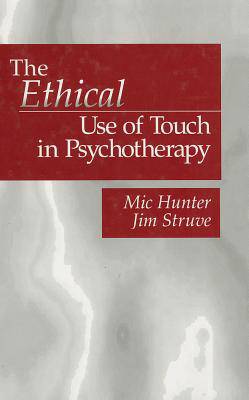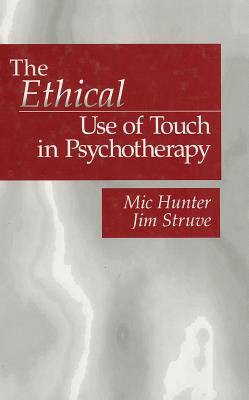
Je cadeautjes zeker op tijd in huis hebben voor de feestdagen? Kom langs in onze winkels en vind het perfecte geschenk!
- Afhalen na 1 uur in een winkel met voorraad
- Gratis thuislevering in België vanaf € 30
- Ruim aanbod met 7 miljoen producten
Je cadeautjes zeker op tijd in huis hebben voor de feestdagen? Kom langs in onze winkels en vind het perfecte geschenk!
- Afhalen na 1 uur in een winkel met voorraad
- Gratis thuislevering in België vanaf € 30
- Ruim aanbod met 7 miljoen producten
Zoeken
€ 279,45
+ 558 punten
Omschrijving
Is the bias against touch in psychotherapy justified? Is ethical touch an oxymoron? Can the recovery process be complete without healing touch? Mental health professionals are entrusted with the awesome responsibility of providing appropriate treatment for clients in a safe environment that nurtures trust, a necessary ingredient for optimum movement through the therapeutic process. Though treatment approaches vary, most modalities are verbally based and, in theory, exclude physical contact. Fearing that any form of touch would likely lead to sexual feelings or interaction, clinicians tend to shy away from the topic. In this book, however, Mic Hunter and Jim Struve skilfully demonstrate that touch - a most basic human need - is intrinsic to
Specificaties
Betrokkenen
- Auteur(s):
- Uitgeverij:
Inhoud
- Aantal bladzijden:
- 319
- Taal:
- Engels
Eigenschappen
- Productcode (EAN):
- 9780761903604
- Verschijningsdatum:
- 14/10/1997
- Uitvoering:
- Hardcover
- Formaat:
- Genaaid
- Afmetingen:
- 160 mm x 226 mm
- Gewicht:
- 612 g

Alleen bij Standaard Boekhandel
+ 558 punten op je klantenkaart van Standaard Boekhandel
Beoordelingen
We publiceren alleen reviews die voldoen aan de voorwaarden voor reviews. Bekijk onze voorwaarden voor reviews.









